Soul Hackers 2 is a throwback to the glory days of Shin Megami Tensei. There was a point where Atlus’ premier property focused on ideas rather than sheer style, and some real classics came out of that approach. SMT 3: Nocturne and the Digital Devil Saga duo were my favourites for their unrelenting nihilistic intensity. From those PS2-era games, I’ll never forget the canning factory scene (those that played it know what I’m talking about), nor the thematic purpose behind the skeleton matador. This was the era of Persona 3 and 4 too, and people these days seem to forget that there was a time when the Persona series was itself a spin-off experiment.
Don’t get me wrong, I love the newer efforts, like Persona 5 and Shin Megami Tensei V, in their own way, but those games pitched for a larger, more “mainstream” audience, and consequently made compromises along the way to the purity of the vision. Soul Hackers 2 is uncompromising. It’s going to struggle to find an audience and it’s going to be confounding to many of those that do play it, but as you dig into this game’s qualities, you’ll start to see the beauty of it. It’s smart.
In fact, I’d go as far as to say, in the context of what can be done with games now, Soul Hackers 2 “reads” like a novel from Camus or Sartre rather than a traditional narrative-driven gaming experience. By that, I mean that it’s a brain dump of philosophical thinking first and foremost, and is only concerned with being a “game” or even story in the traditional sense second. Within that context, Soul Hackers 2 hits a lot of beats that will get you thinking. Right at the start, it’s made explicitly clear that the core theme of Soul Hackers 2 is a hypothetical: “what if spirituality was digitized?” God is now a supercomputer. The symbol of the messiah, which happens to be the protagonist you control, is a physical being made up of an AI. You’re raising people from the dead by “hacking” into their souls.
Perhaps the bigger question is whether this shift, from an “organic” spirituality to a synthetic one, changes anything about the nature of spirituality and the way humanity should view it. What does it mean when the conceptual “all-knowing” deity really does have a practical knowledge of everything thanks to its ability to run some quick data analytics? And then, what does all of this do to the way we as humans view things that we have traditionally derived from spirituality, such as our centre of morality? Soul Hackers 2 asks a lot of these kinds of questions, and they are the kinds of questions that are fascinating to ponder. I wasn’t necessarily happy with how it played out or the “answers” the game forwarded, but I enjoyed the thought journey I was taken on.
Layered over this narrative core are two things that help to make the sometimes dry academic thought palatable. Firstly, the character writing is spot-on, being something akin to “what if the Persona people were adults and having adult interactions with one another.” The game features a full social links system and as you deepen your relationship with the characters you have more intense conversations in which they’ll bear their souls. It’s a great bunch of characters that play off one another engagingly, and additionally, the developers borrow heavily from all kinds of literary and artistic sources of inspiration. People who have read the works of Alexandre Dumas over the years will appreciate the name-dropping of Milady and Iron Mask, for instance, and their subsequent roles within the narrative. As a fan of Milady, I lost myself a little when she showed up, and I’m not ashamed to admit that.
Secondly, there are plenty of spontaneous conversations that play out over the narrative that are unrelated to the core narrative thrust. Some of those conversations are opportunities for little digression thought bubbles of their own, and they hit hard. For instance, as a dude with a Che Guevara avatar on Twitter, there was one particular anti-capitalism diatribe early on that occurred as the characters were having a beer together, and that was true chef’s kiss stuff. Atlus’ Shin Megami Tensei series is, generally speaking, progressive-leaning and that is certainly one of the reasons I personally look forward to these games. Soul Hackers 2 blends the rather blunt side conversations that it peppers throughout with a reasonably nuanced approach to the grander, overarching narrative, and the end result of this is a “SMT” title that is textured and layered in a way that allowed me to get very invested in it. In fact, I’d have to say that on a purely narrative basis I would need to go back all the way to Digital Devil Saga and Persona 4 to find “SMT” entries that kept me gripped by their narratives quite like this one.
As excellent as the narrative is, the combat is going to be the sticking point for some players, and the reason for that is quite simple: it comes across as being far more akin to those PS2-era JRPGs than the much more refined and detailed Persona 5 or SMT V. The basics are all there. It’s turn-based, and is, of course, a Pokémon-like monster battler. You recruit demons to your party and then fuse them together to get more powerful monsters. If you’ve ever played an SMT game at some point (and I’m going to assume that if you’re a DDNet reader, then you have), then you’re going to be immediately familiar with this. The problem is that this is a relatively unambitious take on the “formula”, and while I don’t want to use terms like “generic” or “no-frills”, that’s certainly the direction it heads, with few opportunities to strike out and create its own identity around the gameplay.
Putting that aside, however, the big questions that people have when facing a new Atlus JRPG are always: 1) “how brutally difficult is it going to be?” and 2) “how will the game reward you for exploiting your enemy’s weaknesses, as how important is that mechanic to being able to win battles, particularly against the bosses?” Many Atlus titles grapple with the latter question by giving you bonus attacks for successfully hitting an enemy with their weakness. If they’re weak to fire, you hit them with fire, and then you get a bonus attack to lay on even more damage. Soul Hackers 2 has a slightly different approach, in that each time you successfully target an enemy’s weakness, a “stack” counter will tick up. At the end of your turn, once all your characters have had their turn to attack, your party will unleash a bonus attack that damages all the enemies squaring off against you. The more times you push the counter up, the more bonus damage you deliver.
This is actually a pretty clever way of making the enemy’s weaknesses a major and essential part of the combat system, while at the same time not feeling quite as unbalanced as those earlier SMT titles. In those games, you could be absolutely ruined by a chain of attacks that kept hitting your own character’s weaknesses. Yes, managing that system and covering for the character’s weaknesses was part of the challenge and strategy of early SMT games, but it could still come across as overly punitive and frustratingly excessive. With Soul Hackers 2 the system is much less all-or-nothing about this, ensuring that you’ll stay on your toes without necessarily feeling like you want to throw your controller through a window while you wait for those cruel enemy attack chains to play out.
Speaking of difficulty, it is possible to make Soul Hackers 2 quite punishing, thanks to a three-tier difficulty system (easy, normal, hard). I would imagine this is what SMT purists want (especially those that have fond memories of previous titles in this specific sub-series, which has always been a particularly difficult one), but most people playing on the lower difficulty settings will find it one of the more assessable SMT titles. I personally think the dark and intense narrative themes suit a more difficult game, but as always, having the ability to customise the experience so you don’t feel like you’re getting stuck with the challenge is welcome.
Beyond the combat itself, the other real challenge with Soul Hackers 2 is, as with all SMT titles, building up the perfect demon team. You’ll start out with a couple of weak monsters, but as the adventure progresses, you’ll recruit more to the cause. Monsters tend to unlock all their available skills quickly, however, and thereafter only level up very slowly. This is the developer’s way of encouraging you to take those “maxed out” monsters and fuse them with others to produce a more powerful beast with a new (and more advanced) set of skills to learn. Carefully massaging the team like this so that by the end game you’ve got the right mix of power and magic, and types of magical attacks, is what has always distinguished a good SMT player, and it remains a fundamentally compelling experience here.
I foresee people having two big issues with Soul Hackers 2 – and by that I mean they’re non-issues for someone like me but they’re going to put a less dedicated Atlus fan right off. The first is that outside of the narrative Soul Hackers 2 doesn’t do nearly enough differently to the other SMT/Persona titles. Monster models are the same as we’ve seen in previous games, and at the end of the day, the combat is a well-trodden turn-based system at this point in time. Further compounding this impression is the reality that the presentation isn’t quite as flashy as what we saw in Persona 5 or SMT V, and Soul Hackers 2 is really asking for unfavourable comparisons out of the box.
The second area of concern is the dungeons themselves, which really do look like more modern takes on the “long corridors” approach that we saw back in the PS2 era of Atlus RPGs. To me that’s actually appealing as a bit of nostalgia and, thanks to the quality of the combat system, these dungeons were enjoyable to crawl through. I suspect some others will chalk it up as “dull”, however.
As for me, my one and only issue with the game is the way that the side quests, social links, and other optional bits and pieces are integrated into the game. You generally have to bounce around parts of Tokyo to chase these around, which you do from a central menu system, but the loading times are just a little too noticeable when moving between the many small areas too quickly. Additionally, while the main quest is perfectly signposted and you’ll always know where to go to progress that, the extra stuff involves visiting a bunch of different locations and it’s easy to forget to do some of that sometimes. The presentation of this stuff is just a little unfocused and it’s far too easy to miss parts of the game – often the most entertaining parts of the game – as a consequence. Set against all that Soul Hackers 2 does well, having an unrefined user interface and experience during the downtime bits down is a minor issue indeed, and highlighting it as my main fault here just goes to show how much I enjoyed the overall package.
Soul Hackers 2 is a smart, evocative, and classically dark game from the Shin Megami Tensei tradition. It’s not going to turn heads like Persona 5 and SMT V did, but the developers seem to have realised this and taken the opportunity to deliver a harder-hitting and more thought-provoking narrative. To me, that’s Atlus getting back to its core vision for the broad and extended SMT property. That’s what I want from this series.
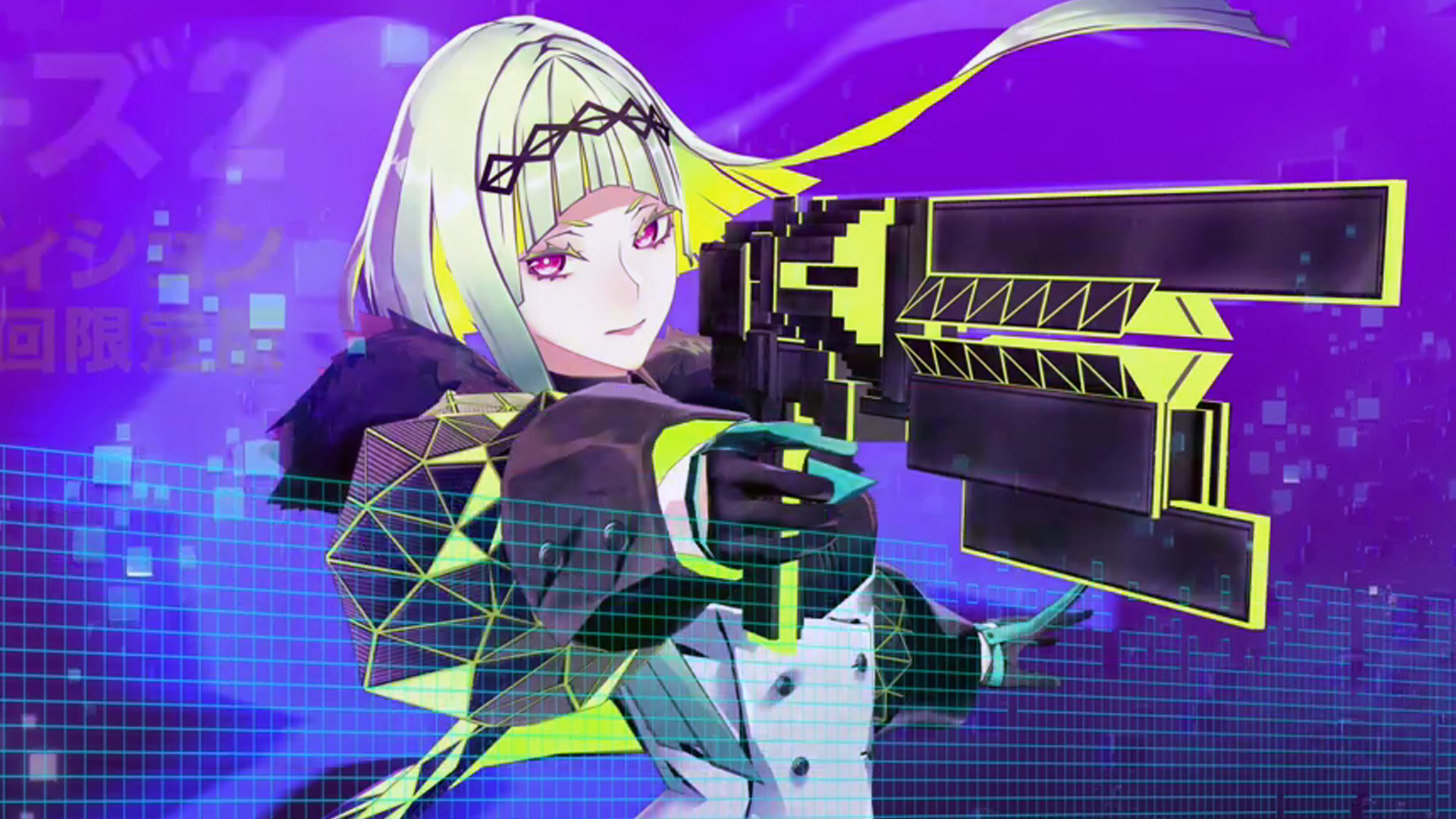

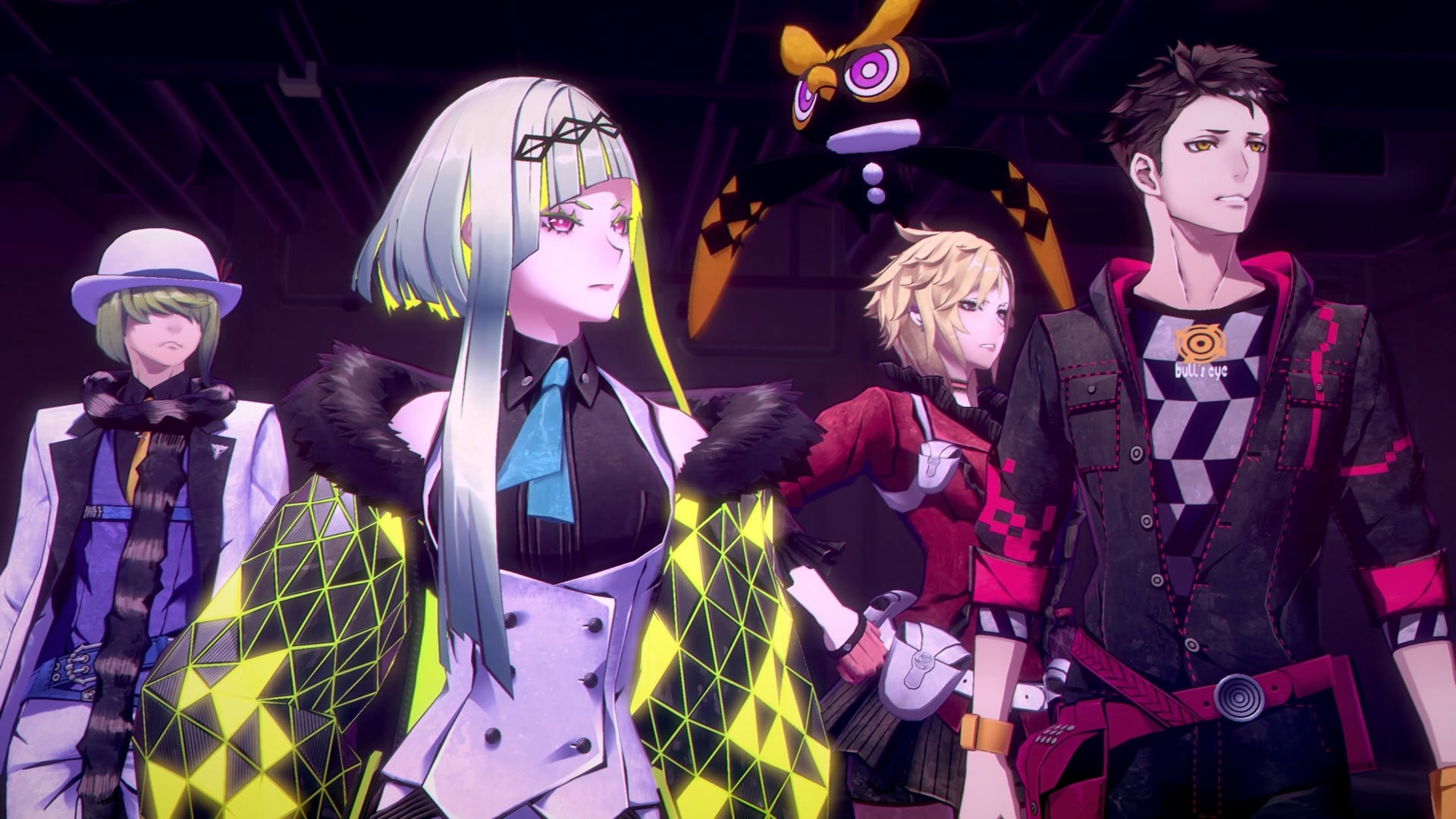
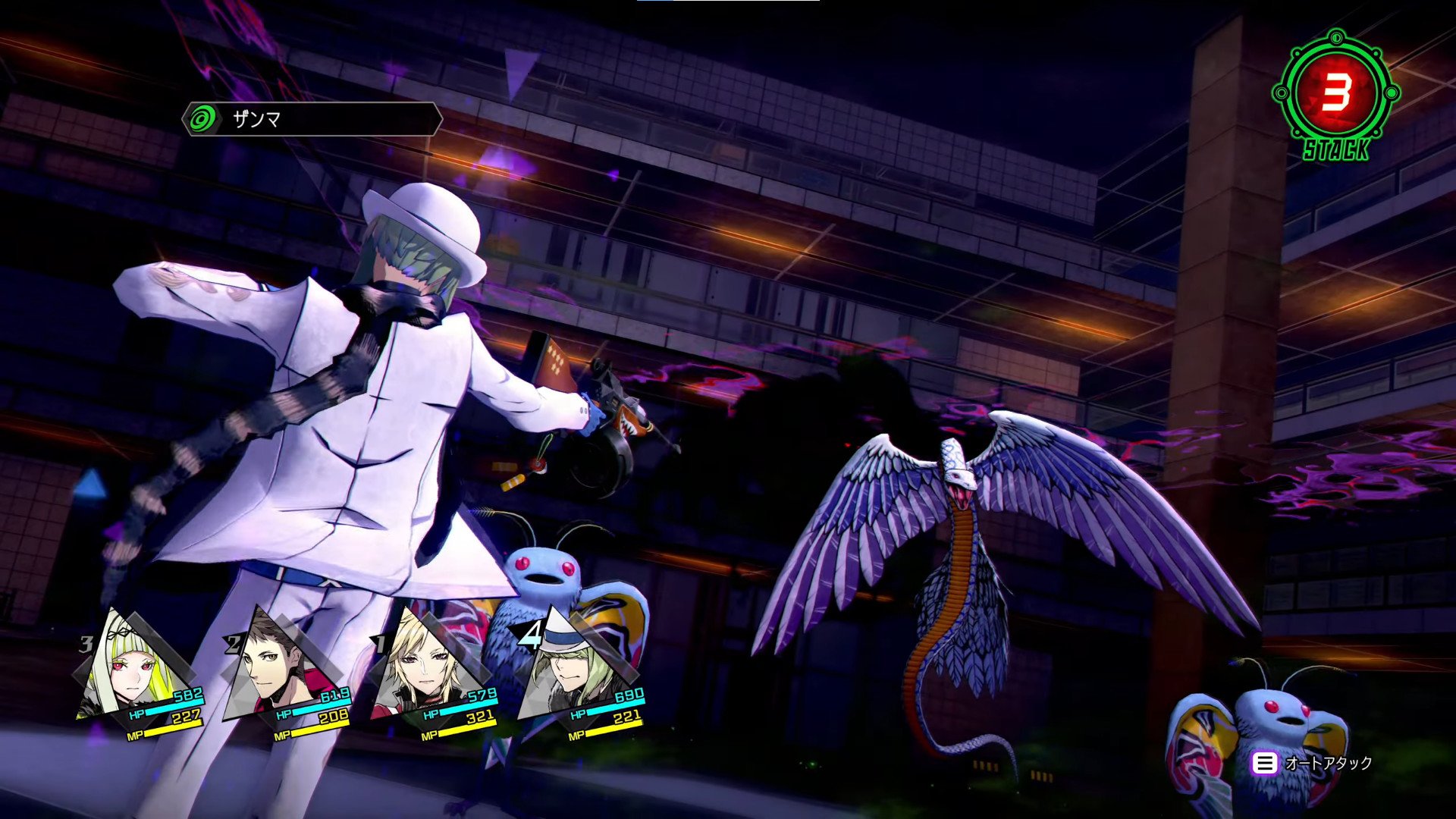
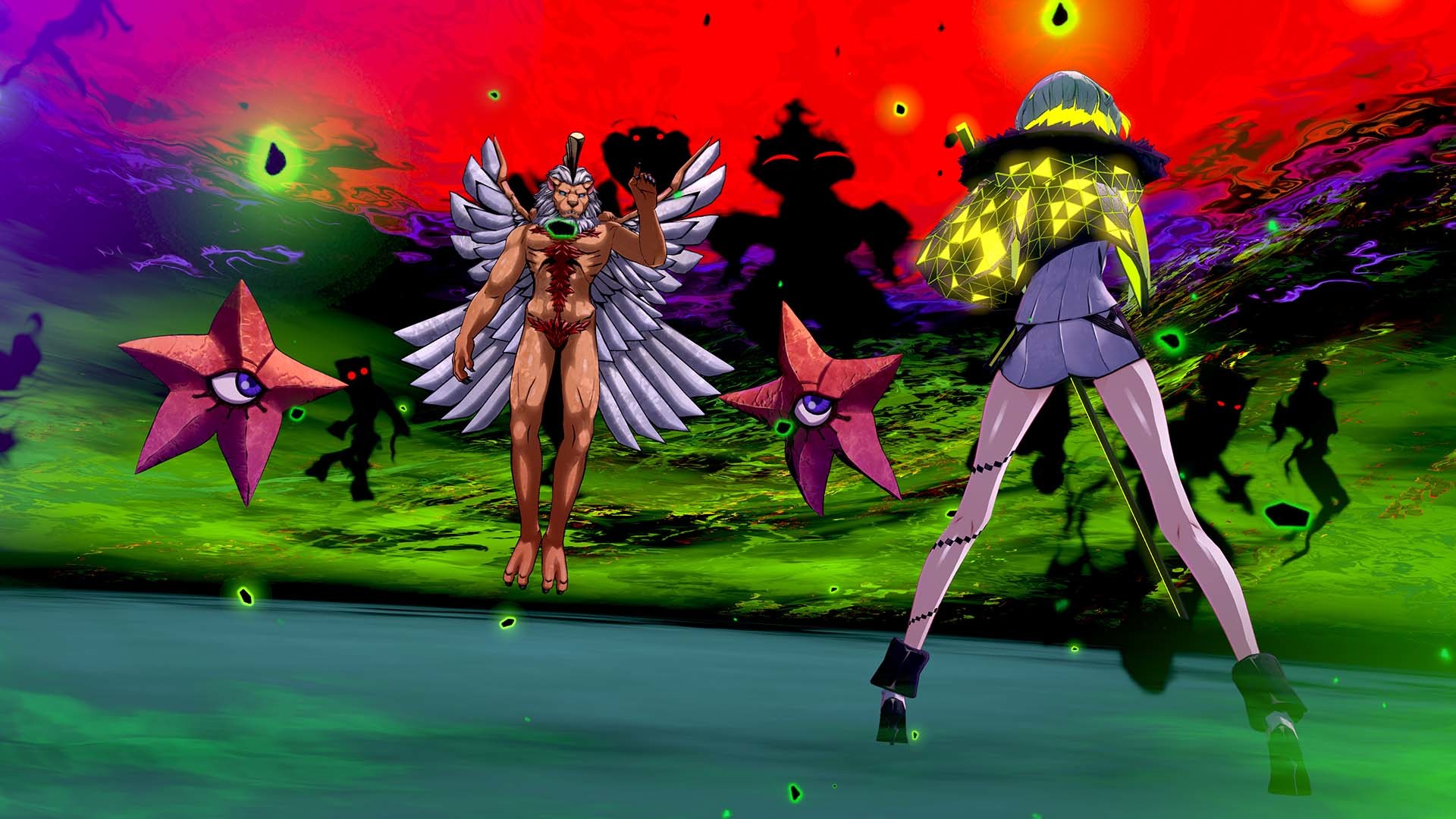
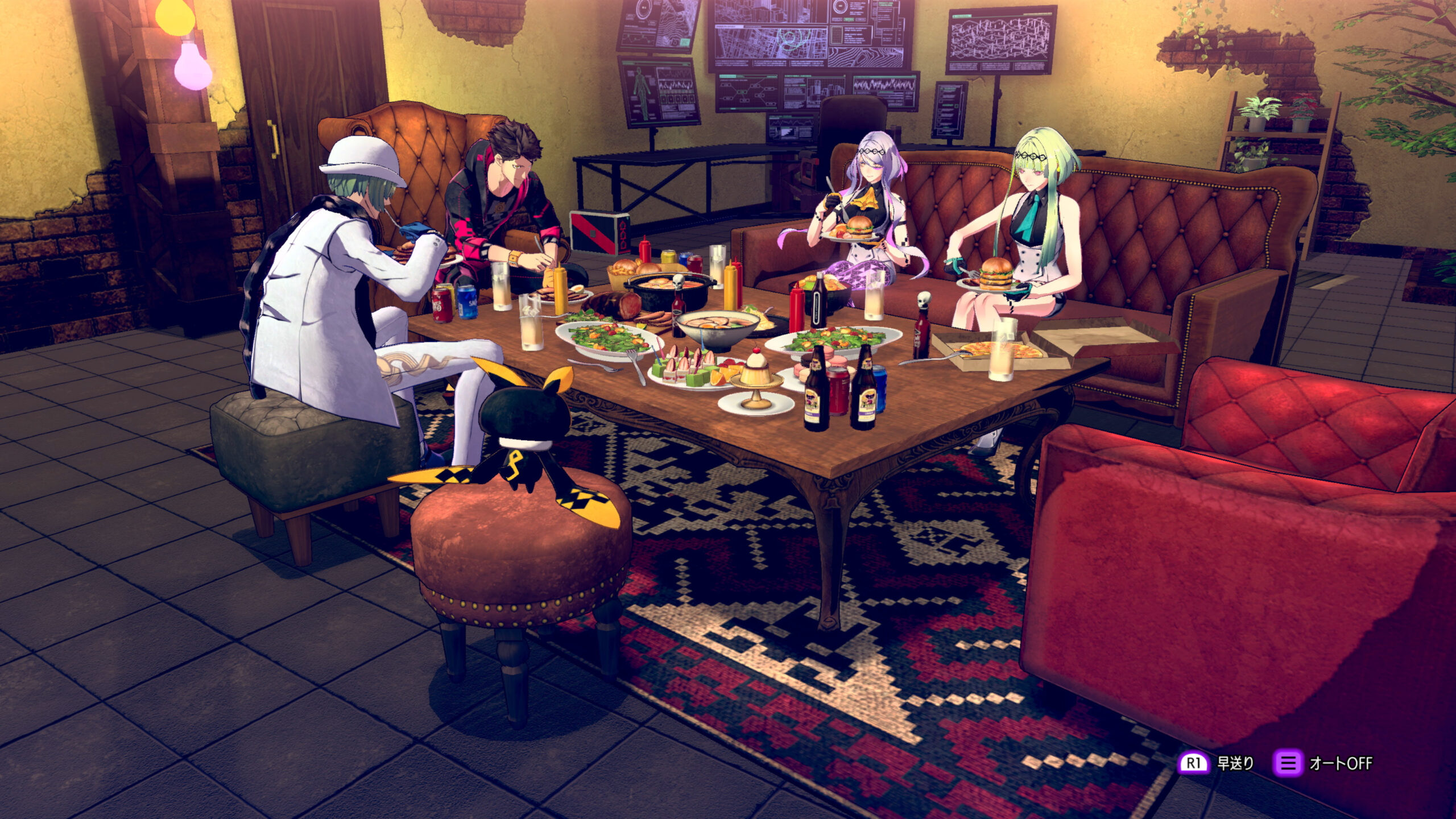

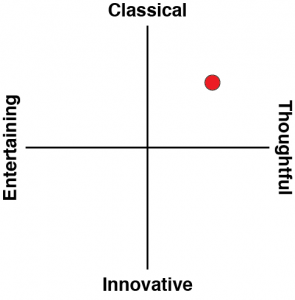

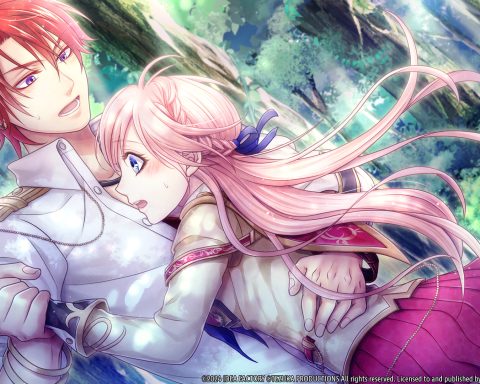

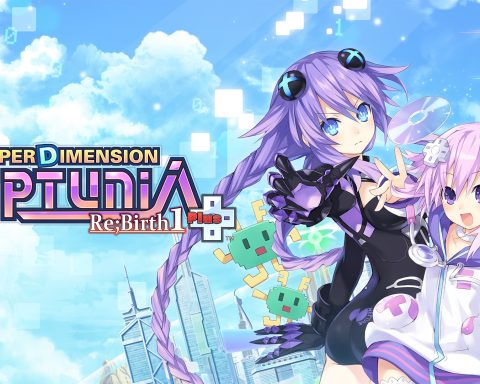

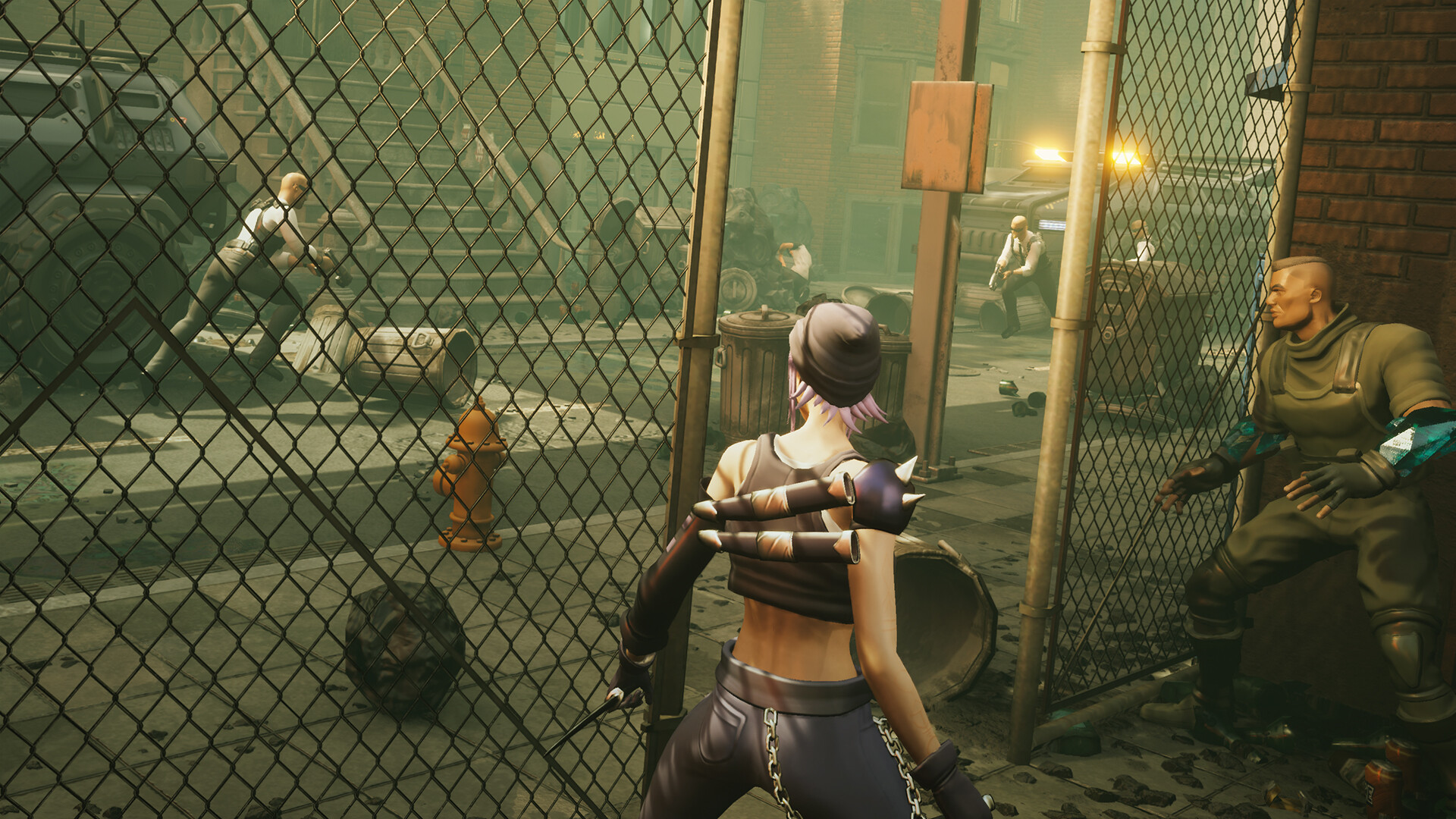
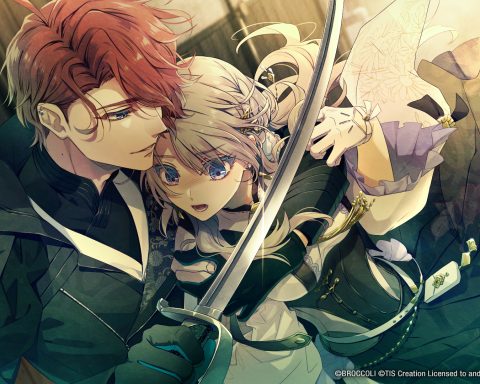
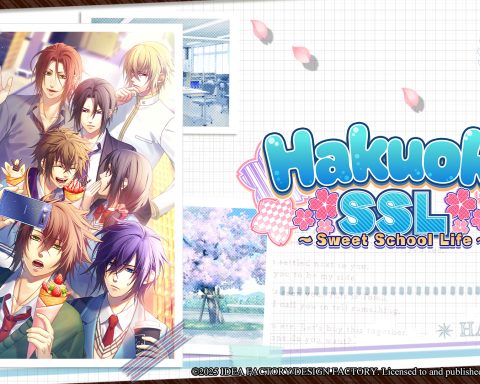
Thanks for the review! Do you think the “Lost Numbers” story DLC is worthwhile?
Absolutely! With this one the story is *everything* to the experience, so now and into the future, anything that builds on what is already there is good for it.
Guess I’ll have to pony up! Thanks again.